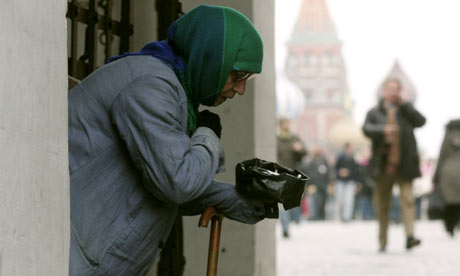
We have travelled to the moon, developed the field of quantum mechanics, and created glow-in-the-dark animals, yet we are incapable of curing acne. The question arises if this really is the case, and the answer is no. George McCumiskey points out the all too obvious - that
acne is a multibillion dollar business. There is an uncountable number of acne companies and products - all fairly ineffective at treating acne - that all thrive on the same old recipe in this huge consumer market. McCumiskey states, that "f
rom this point, there is no need to put more money into improving product effectiveness." And the reason for this is that it would decrease the total revenue of the companies.
The acne industry touches upon the concept of "creative destruction" from Acemoglu and Robinson's book
Why Nations Fail. The acne industry continues to be highly profitable through corruption and by avoiding creative destruction. It spends tons of money bribing the FDA, putting "
millions of dollars into lobbying the government for ‘ease of passage," so that its new drugs that aren't very effective are approved and quickly put on the shelves for consumers. It puts barely any money into research as developing a cure, which McCumiskey says is possible, would remove the demand for all its acne products. No demand for acne products would remove any profit in the industry. There is no proof, but I would not doubt that the acne companies are even pumping money into the prevention of such a cure.









